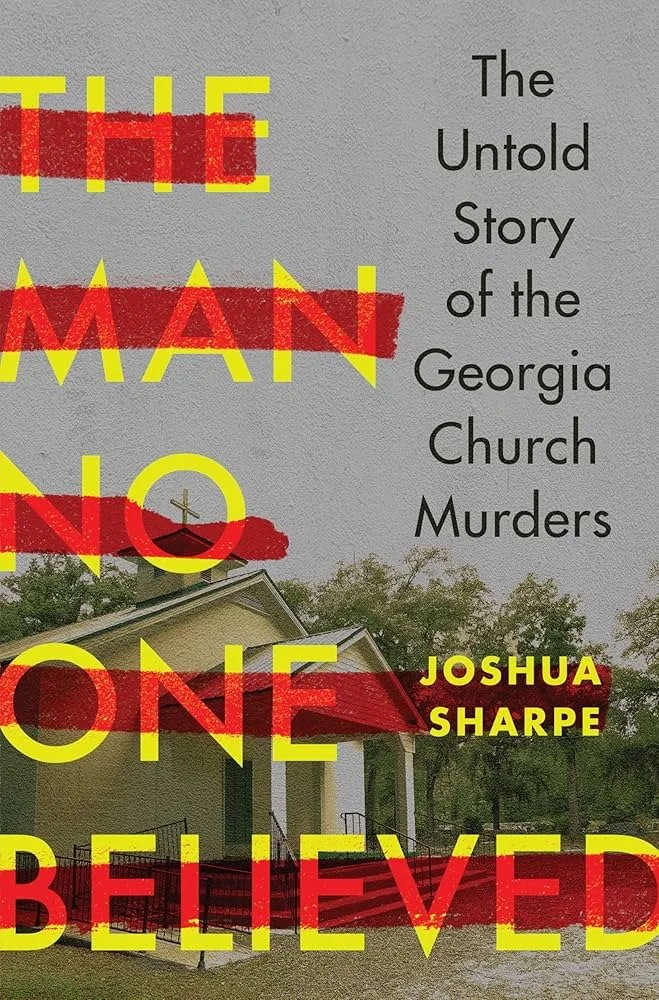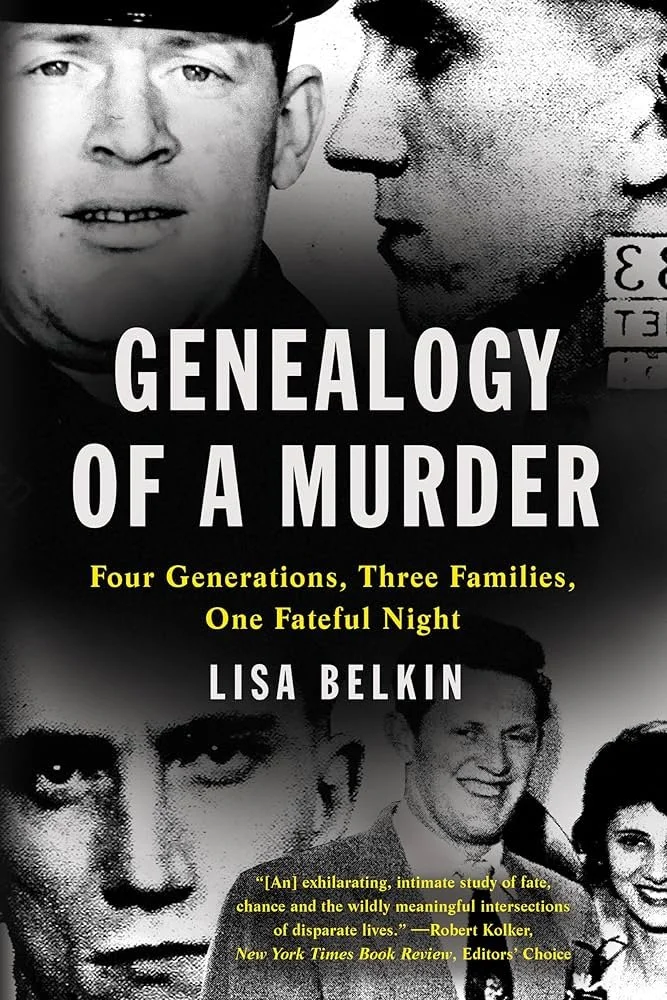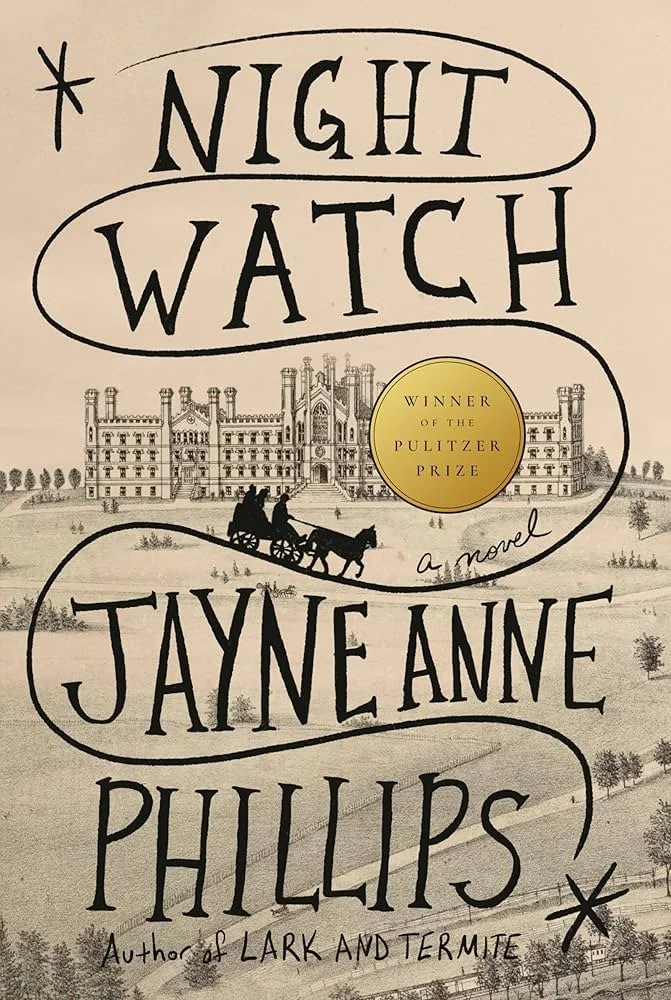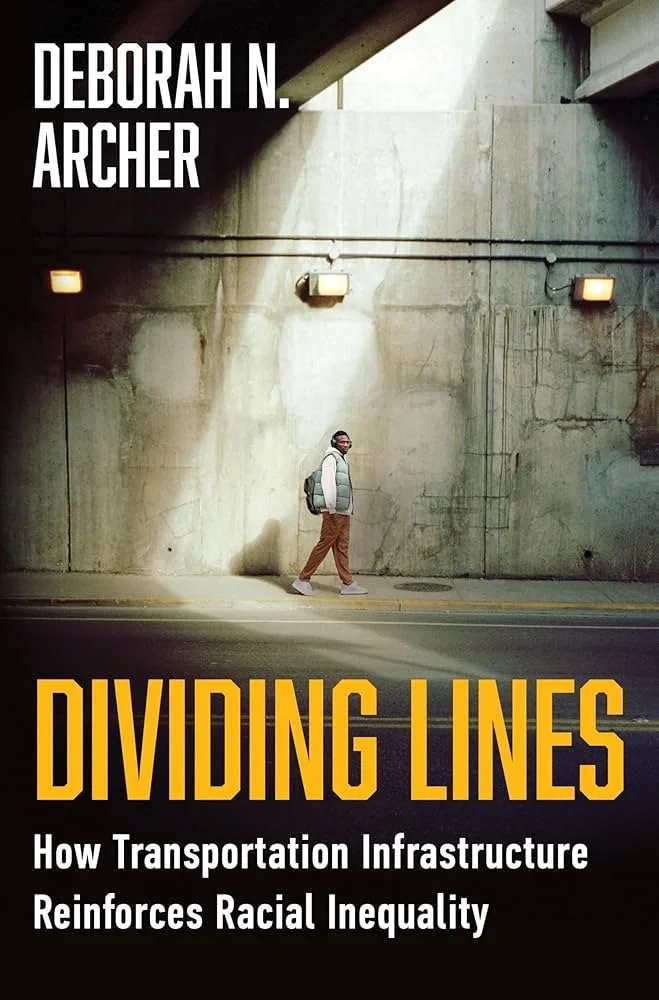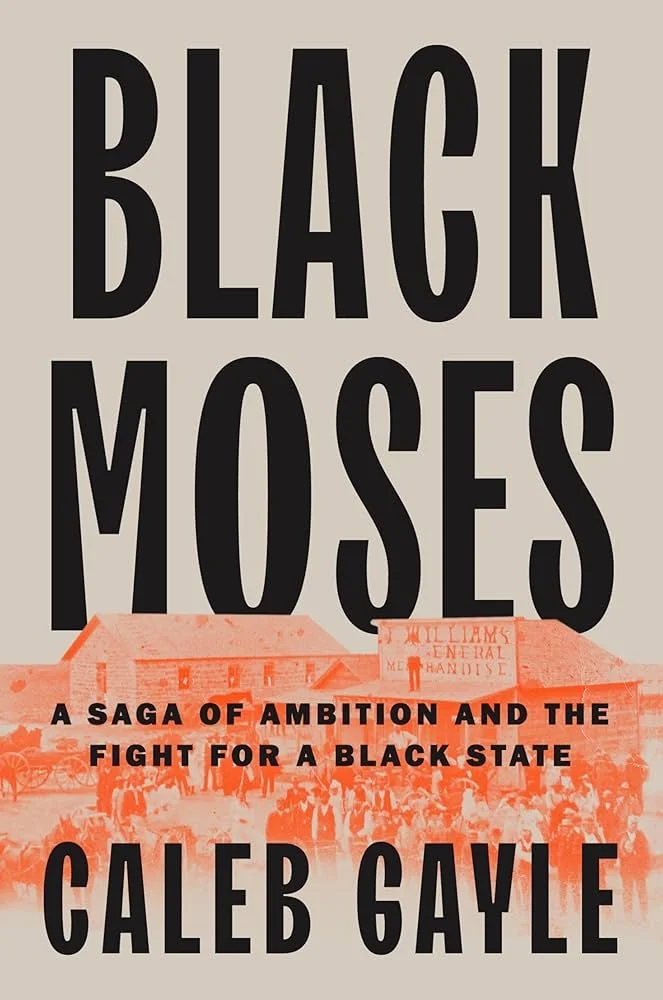Gimme Me a Break
Dear Leading Ladies,
After years of wishing it were not so, we’ve come to admit this truth: watching and reading more and more news does not make it better or change it. Much like exercise, unless we are hoping to become world-class athletes, we do not need to commit several hours a day to pumping iron in order to be fit.
In fact, watching or reading too much news, or even news analysis, can create so much anxiety and hopelessness, that many former news junkies are turning completely away and burying their heads in the sand. Becoming, dare we say, news unfit.
That we do not recommend.
A middle path that includes staying informed, engaged, and committed to change, without getting too depressed or anxious seems ideal.
One avenue of partial retreat mixed with informative recreation is through historical fiction and non fiction, both of which offer insights and understanding of how we got where we are and how we might emerge from the current quagmire.
Here are some reading suggestions.
The Man No One Believed is a 2025 non fiction account of the murder of a married African American couple in their church in south Georgia in 1985. The author, Joshua Sharpe, an investigative journalist, was asked by the Georgia Innocence Project to revisit the case. His research reveals a lot about the thinly veiled racism in Georgia after the Civil Rights Act that was supposed to take care of Jim Crow.
Genealogy of a Murder — Four generations, three families, one fateful night is another non fiction book by a journalist, Lisa Belkin. How the lives of three families become intertwined, mostly by chance, is at the heart of Belkin’s story, but the history of the early 20th century is what is most compelling. The popularity of professional motorcycle racing on tracks and its danger to participants; the medical experiments done on white, as well as Black prisoners incarcerated in northern prisons; the way parole could be bought and paid for; the theories of recidivism and rehabilitation, some developed by the infamous murderers, Leopold and Loeb — these are all interwoven parts of the story.
Night Watch, a historical novel by Jayne Anne Phillips, follows the lives of biological and chosen family members in West Virginia during and after the Civil War. The tale of loss and abuse, love and devotion, revolves primarily around three white women who try desperately to protect each other in their remote homes in the wilderness of the western part of Virginia, part of the pro-Union area that became the state of West Virginia in 1863.
Dividing Lines: How Transportation Infrastructure Reinforces racial Inequality is written by Deborah Archer, professor at NYU Law School. She talks about how transportation determines who has access to so many opportunities — health, education, food, and more. Our transportation infrastructure is government-sponsored segregation and part of the architecture of racial inequality, she explains, with public transportation deserts in black and brown neighborhoods. The topic may sound dry but the stories and examples are compelling.
BLACK MOSES: A Saga of Ambition and the Fight for a Black State, by Caleb Gayle, was just published last week. Full disclosure: we haven’t read it yet. Gayle is a professor of journalism and Africana studies at Northeastern University and a contributor to The New York Times Magazine. He begins with a review of the many plans to remove Blacks from these United States, even quoting Lincoln saying, “Your race suffer from living among us while ours suffer from your presence.” He goes on to tell the story of Edward McCabe’s attempts to recruit enough Black settlers to create a Black-governed territory in Oklahoma. An unfamiliar piece of history indeed.
Of course, it’s always a good time to read a Shakespeare tragedy to get a new perspective and understanding of today’s social and political realities. Think Macbeth, Julius Caesar, Coriolanus, and King Lear.
Do any of you have some reading recommendations that might entertain while also offering new thoughts about the human condition or our history?
We’re all eyes and ears.
Therese (she/her/hers)
Judy (she/her/hers)
Didi (she/her/hers)
Leading Ladies Executive Team
Leadingladiesvote.org
ladies@leadingladiesvote.org

